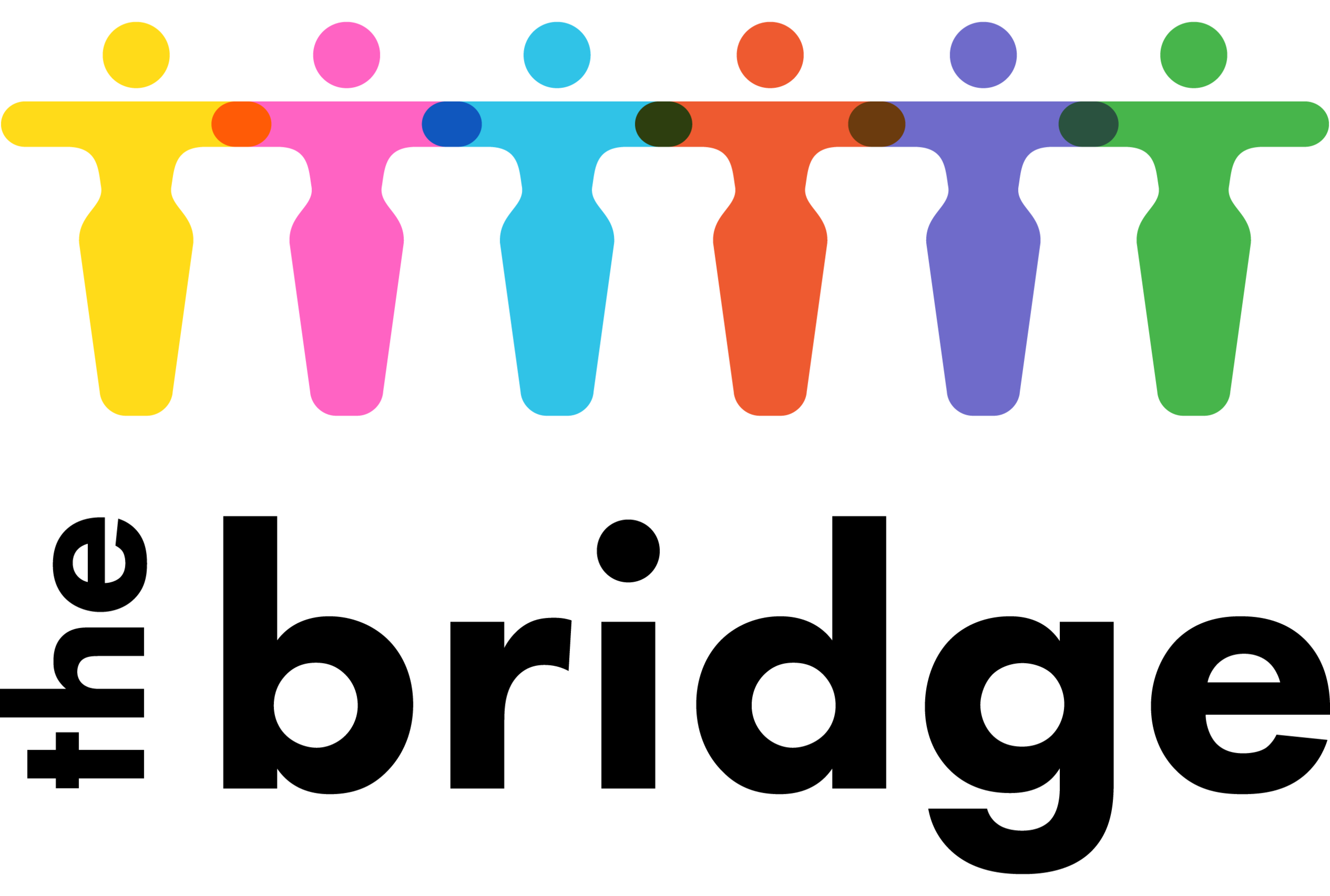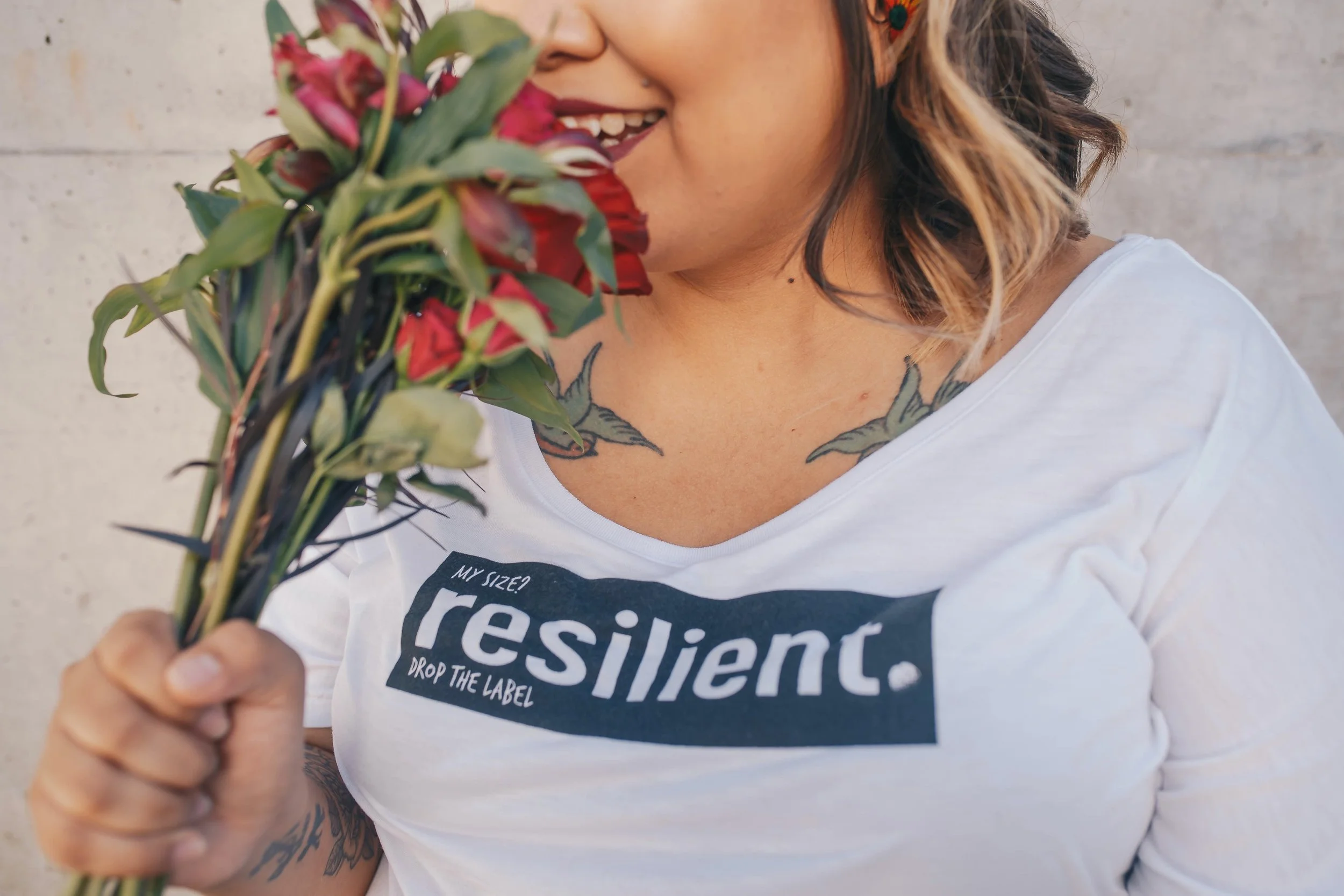our thoughts for eating disorders week
Eating disorders and disordered eating are complex mental health experiences that can affect our physical, mental, and social health.
These experiences are a result of the interaction of several factors, including our genetics as well as the social, cultural and environmental contexts that we live in.
What distinguishes disordered eating from a diagnosable eating disorder is mainly about the degree and amount of distress that changes to eating, weight or behaviour evokes. When food choices are made for anything other than hunger and appetite, when food is held with more importance than other things like attending social events, and has the ability to evoke strong negative emotions – then we would argue that it is an eating disorder and should be taken seriously.
One could look at eating behaviours as existing on a spectrum. On one side you have a healthy relationship with food and the opposite side of the spectrum is eating disorders. Disordered eating would thus be somewhere in the middle. Unfortunately, the prevalent obsession with size, weight, diet and exercise meant that in our culture many people see their disordered relationship with food as normal, common or even ‘healthy’.
As an organisation that focuses on reducing women’s health and wellbeing inequalities – we are finding it increasingly important to open up a conversation on the influence of diet culture on negative body image and the effect this has on mental and physical health – including the development of eating disorders and disordered eating.
why body image?
A person’s body image reflects how they perceive themselves to be. It is a reflection of the beliefs that we have about ourselves and our bodies. We didn’t come into the world focusing on how our bodies look – this is a learned behavior. From a young age our culture tells us which bodies are better than others. These narratives are informed by broader systems of oppression including, racism, ableism, colourism as well as misogyny, homophobia and transphobia, which have created a hierarchy of bodies that perpetuates appearance ideals and appearance-based stereotypes.
Many different things can thus affect the way we perceive our bodies and body image goes beyond weight, size and body shape. Concerns about our body image and feeling dissatisfied with our bodies are common experiences not only amongst people with eating disorders and disordered eating but increasingly amongst a big percentage of the population. A government survey (2021) into body image revealed that 61% of adults and 66% of children feel negative or very negative about their body image most of the time, and these figures are even higher for specific groups including women, people with disabilities and transgender people.
This is particularly concerning considering the increasing evidencing of the long-lasting mental and physical health impact that a negative body image can have on the lives of those who feel uncomfortable with their own bodies. These include experiences such as low-self-esteem and lack of confidence; mental health conditions such as depression and anxiety; the development of eating disorders and disordered eating.
Negative body image associated to shape, size and weight is just one potential contributor to the rapidly increasing rates of eating disorders and disordered eating in the UK. Yet, as an organisation that works with women of all identities, we are finding that preoccupation with food and body size and the emphasis placed on body shape and weight when determining self-worth is an endemic experience for a lot of us. Women seem to have a noise in their head about how much to eat, when to eat, having to constantly negotiate with themselves around food. This way of relating to our bodies is a consequence of the toxicity and pervasiveness of diet culture, fat-phobia and sexism that we experience.
how does diet culture makes us feel at war with our own bodies?
In general terms, diet culture refers to the social and cultural expectations that tell us how and what we should eat and that if our bodies look a certain way – we will be more accepted. Diet culture celebrates thinness and upholds it as the standard of beauty, demanding thinness no matter what the cost is on our mental and physical health. Diet culture does not recognise diverse body types, perpetuates weight stigma and promotes fat-phobia – evident in the negative attitudes that inform our stereotypes, prejudice and discrimination towards people because of their weight.
By holding unrealistic and narrowly defined appearance ideals and perpetuating appearance-based stereotypes, diet culture causes body dissatisfaction. The extent to which this internalised body loathing and shame is associated with a reduced engagement in self-care and the long lasting impacts this has on physical and mental health is only recently started to be acknowledged.
why is it everyone’s responsibility?
Diet culture harms everyone. It perpetuates disordered eating and makes eating disorder recovery all the more challenging. Even if you are not on a diet, you can still be caught in the culture of dieting. Whereas back in the 1980s and 1990s it was a lot easier to spot diet culture – you only had to look at the newest dieting trends, like the grapefruit diet or the cabbage soup diet to notice it. Nowadays, diet culture is so entrenched and pervasive in our everyday lives and belief systems that not only do we not notice it, but can end up unintentionally perpetuating it with all its negative side effects such as weight stigma, fat-phobia and body image dissatisfaction. In a government inquiry into body image The Mental Health Foundation reported that public campaigns on nutrition and obesity should avoid the potential to create stigma and indirectly contribute to appearance-based personal dissatisfaction, mental health problems and bullying. Likewise, the Centre for Appearance Research reported that weight-focused public health initiatives risk perpetuating weight stigma, disordered eating, and health inequalities, by focusing on weight as a metric for health
As an organisation that works with health and wellbeing we want to ensure that we do not end up perpetuating the things that we have set out to combat – health inequalities.
so what are we going to do?
we will continue to take a holistic approach to health, that recognises that an individual’s potential for health is influenced both, by things within their control but more importantly, things outside of their control, like systems of oppression and social equality;
we will normalise conversations about body dissatisfaction and disordered eating so that people can talk about their experiences without fear of judgment or criticism;
we will ensure that our work supports people to feel comfortable with themselves, to appreciate and hold positive feelings towards their bodies as the best way to promote self-care and overall well-being;
we are committed to celebrating and valuing all bodies and will work to challenge appearance-based stereotypes and discrimination.;
we will combat the cultural belief that people have to be dissatisfied with their weight (or any aspect of their appearance) to be motivated to care for it;
we will always be reflective of our practice to ensure we are not perpetuating any systems of oppression and problematic cultural narratives.
With proper education and support, we can help prevent health inequalities. This is why we were thrilled to be able to play host to the UK’s first eating disorder conference with Nutritank, led by Dr Ally Jaffee multi-award winning junior doctor, and Dr. Chukwuemka Nwuba, specialty doctor in eating disorders. The conference will support future professionals right across the spectrum of health care in learning about eating disorders, disordered eating and how to better support their future patients.
Through work and research carried out at The Bridge, the team have recognised the urgent need to run a programme which specifically supports women to lead healthy lifestyles whilst acknowledging the role that diet culture and broader systems of oppression have on the way we relate to food and our bodies. Details about the project are yet to be released. Whether you are interested in supporting its development or would like to attend as participant, we would love to hear from you - projects@thebridge-uk.org.
For any support with eating disorders, reach out to BEAT - https://www.beateatingdisorders.org.uk/get-information-and-support/get-help-for-myself/i-need-support-now/helplines/


